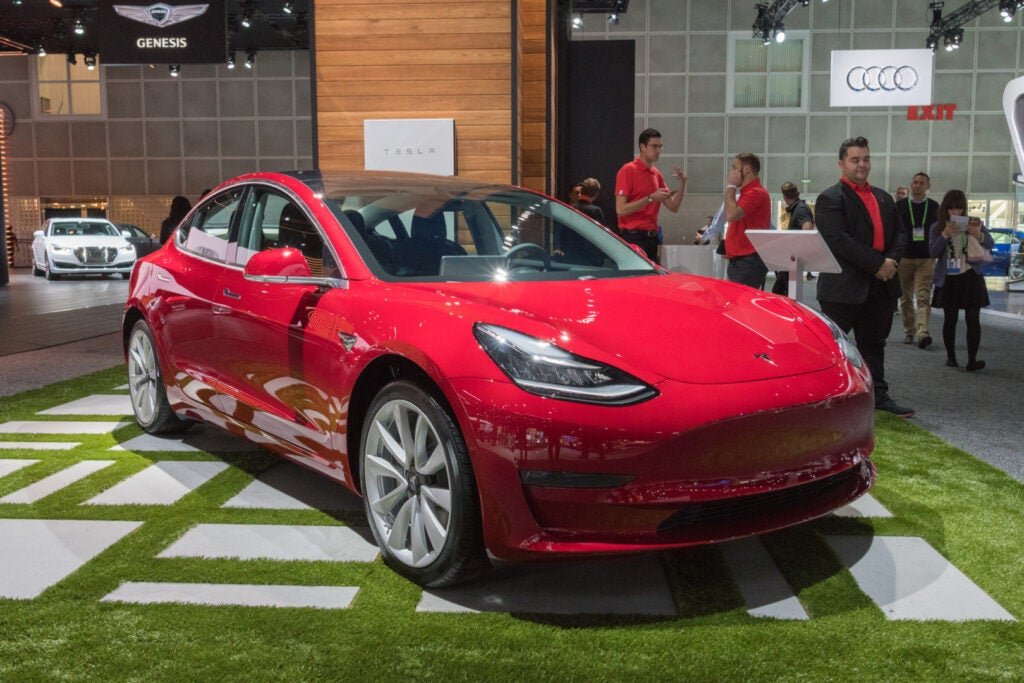Tesla Inc. Facing Lawsuits Over Range Misrepresentation
Buyers who have accused Tesla Inc of falsely stating the range of their vehicles have been advised to pursue their complaints in individual arbitrations rather than a class action lawsuit. The federal court ruling, led by U.S. District Judge Yvonne Gonzalez Rogers, stated that drivers who purchased Tesla cars entered into an arbitration provision with the company in case of disputes.
The plaintiffs alleged that Tesla had fraudulently induced consumers to purchase its cars by overstating the distance they could travel on a single charge. They also claimed that Tesla misrepresented the driving range on vehicle dashboards. Despite the ruling in favor of individual arbitrations, Judge Rogers did not dismiss the lawsuits and suggested that she could potentially issue an injunction against Tesla if the drivers successfully arbitrated their claims under California’s unfair competition law and other provisions.
This legal battle comes after Tesla revised its range estimates for certain variants of Model S, X, and Y earlier this year. This revision followed a new government vehicle-testing regulation that required automakers to advertise range closer to real-world performance. As a result, the range estimates were lowered, with some vehicles showing as much as a 37-mile drop in range.
The outcome of these lawsuits could have significant implications for Tesla and its reputation in the electric vehicle market. It will be interesting to see how the company responds to these allegations and whether they will make any changes to their marketing and advertising practices moving forward.
In conclusion, the legal challenges facing Tesla over range misrepresentation highlight the importance of transparency and accuracy in the automotive industry. Consumers rely on accurate information when making purchasing decisions, and companies like Tesla must ensure that they are providing truthful and reliable data to their customers.





